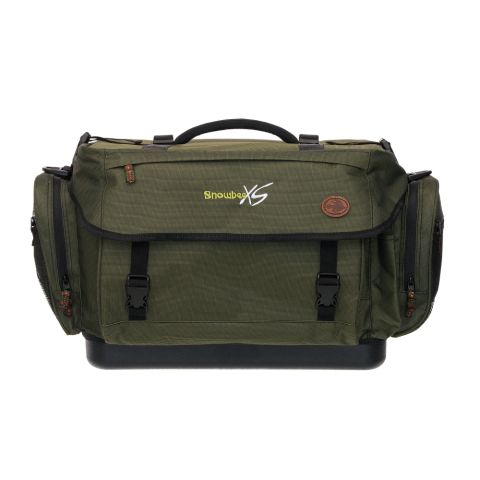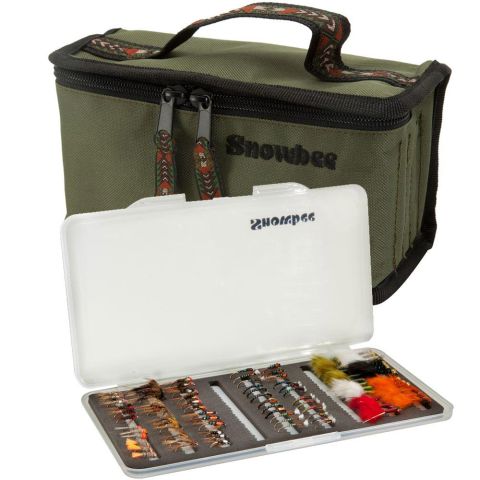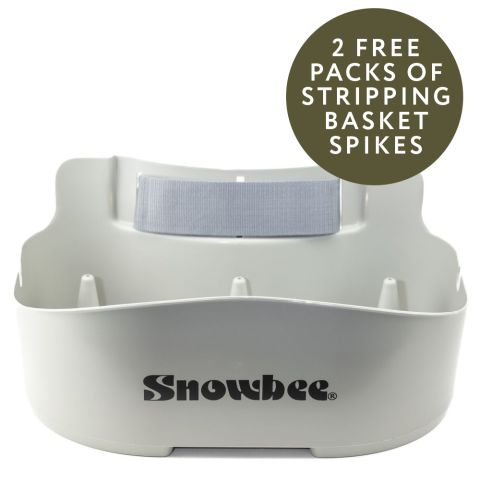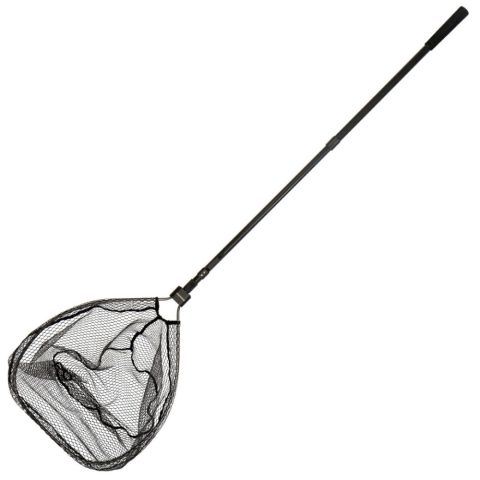Snowbee ambassador Alex Venn shares his five top tips for improving your catch returns on reservoirs and lakes, especially when visiting a new venue.
In my 14 years of fishing, I have been lucky to visit many a fishery, particularly in the Southwest. Wimbleball is without question my favourite and I have enjoyed some great days there that will stay with me for a long time. Whether in competition or for pleasure, my favourite type is from the bank as I love to patrol the margins and find where the fish are hiding.
It offers some amazing hatches throughout the year too. At the right time one can enjoy mayfly or buzzers, and most importantly swathes of beetles, which can produce the best form of fishing in the Southwest from bank or boat.
Every time I fish it, I find something new about it, fish habits or develop my tactics. All of this knowledge from my many personal experiences and through insight shared by local anglers has been incredibly developmental to my skills, especially when visiting other stillwater venues.
I am confident that these top tips can improve anyone’s success when visiting any stillwater for the first time and can be great to follow on their regular venue when fishing is tough.
Alex Venn’s top tips for reservoir fishing
Tip 1: Start with a method your confident doing
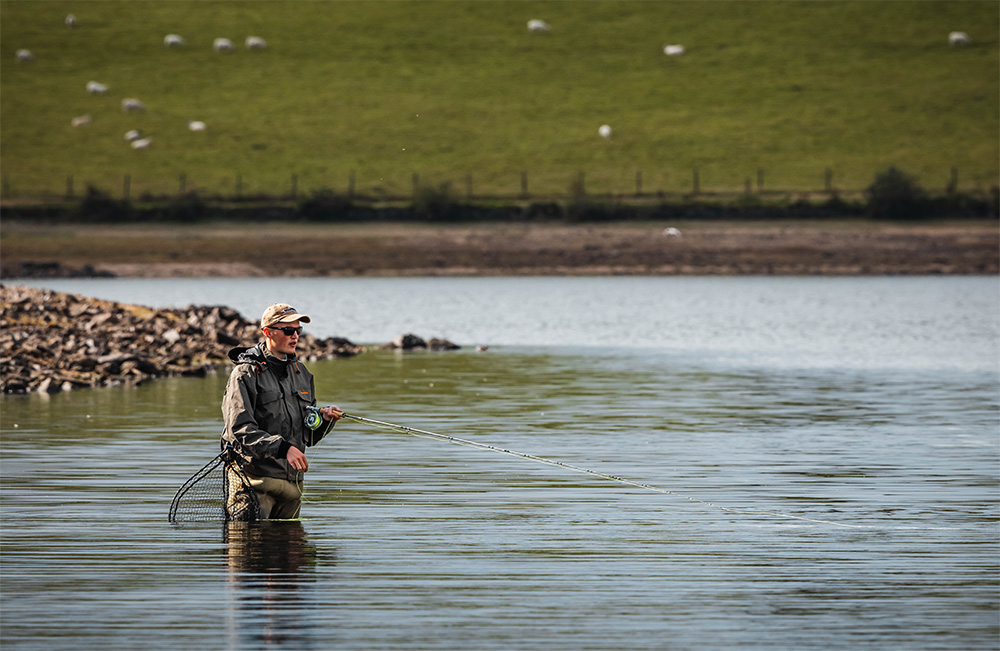
Most anglers approach a venue unsure about what methods to use, what patterns are working best for that venue at that time, and seek out local angler’s favourite methods. They will look in the catch return logs or the (sometimes shop-bias) fly patch stuck on the wall.
Indeed, doing your research is good, but can be daunting if you don’t have those flies or lines, or know how to effectively use them. Even more annoying when you have been tying flies to then feel you have to buy the local favourites. I, therefore, would always start with the method that I am most confident in or what has been working best for me recently. Even if that is totally different to what all other anglers are currently doing.
You will fish this method best and believe in it, which always helps. And if that fails, then start to adapt to the conditions or what’s in front of you. Then consider introducing the local knowledge and flies if that too doesn't pick up more fish.
Tip 2: Paint a picture in your head
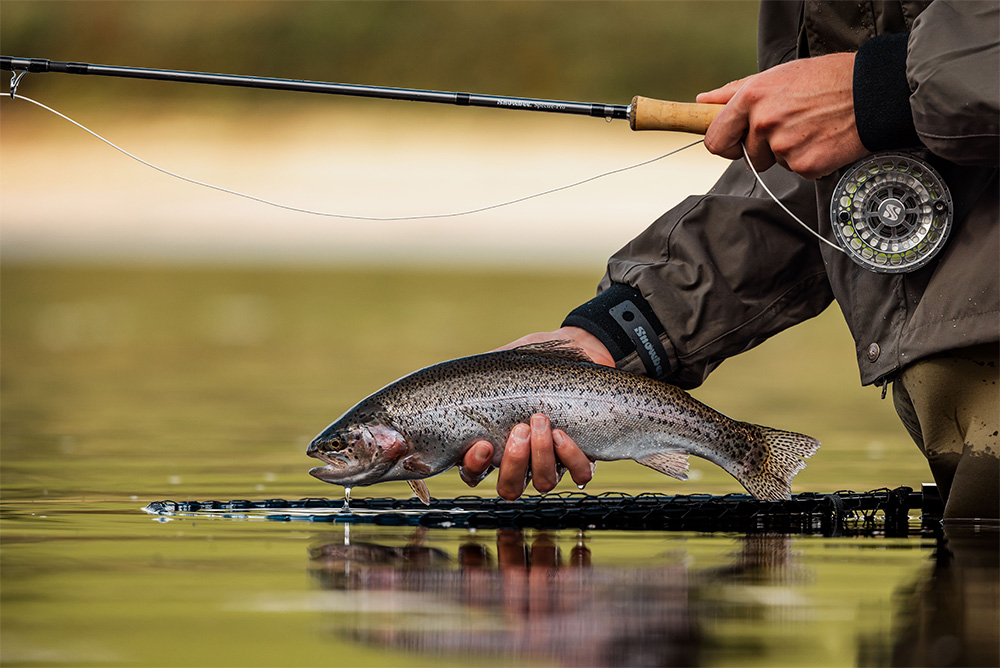
Once you have been fishing for a little while – this might be 30 minutes or a few hours – you will have an idea to what is working and what is not. What depths are the fish at? What does the bottom look like and what features the trout prefering? Are they following but not taking, are they aggressive or slow to take? Are other anglers around you having more or less success – what are they doing differently?
Gathering all these little bits of information and painting a picture in your mind can be really useful. Look for spots where you have caught fish previously and areas similar to them, and always be vigilant for any fish activity on the surface.
Tip 3: Weather conditions
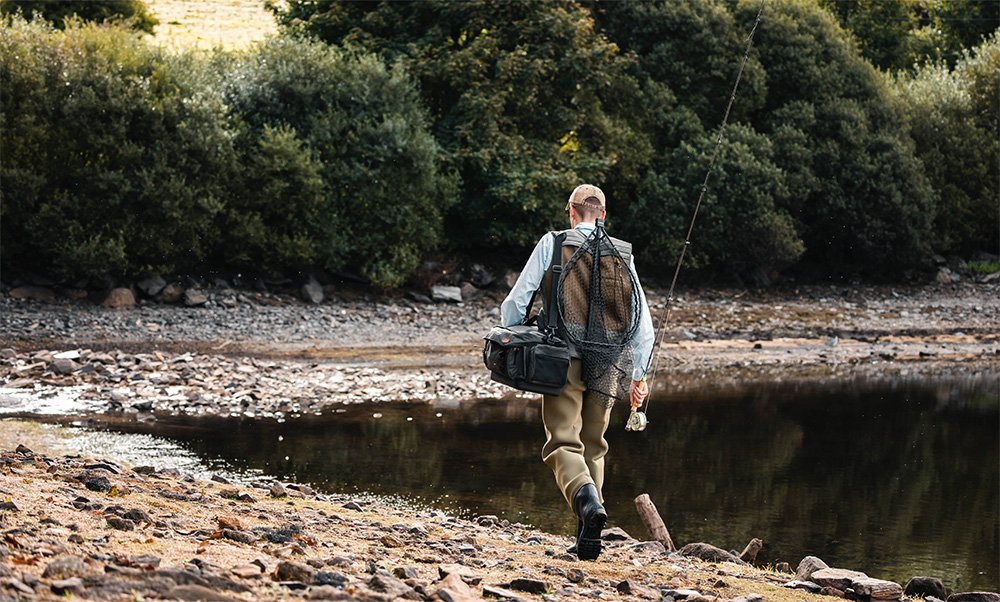
Changes in the weather can really determine your success and catch rate.
Things to look out for are rain showers which can encourage fish to move about more and not get easily spooked when feeding on the surface or sub-surface. This may mean you want to react quickly and use a line that fishes higher in the water.
Another factor is cloud coverage, which again can encourage fish to rise and to start feeding aggressively. Conversely, if it goes very bright, the fish could go a lot deeper. You may also need to use finer tippet in bright sun.
Wind can also be influential in fish habits and can also significantly affect your drifts. You may need to position your boat differently every time to ensure you go over the features where fish are. Also how quickly or slowly you need to retrieve your line to make your flies move or just keep in contact with them will need consideration.
If you are fishing from the bank, wind will effect your casting. You will want to naturally fish where the wind is blowing the line away from you as you cast, but will the fish be in those spots or do you need to develop your back casting techniques or casting into wind and so on. Also, has it been blowing the same direction for some time and actually moved where the fish are?
Over cast and sunny spells can be really good for your days fishing as a hatch might come on and get those fish taking all around the lake.
Tip 4: Flies and setups
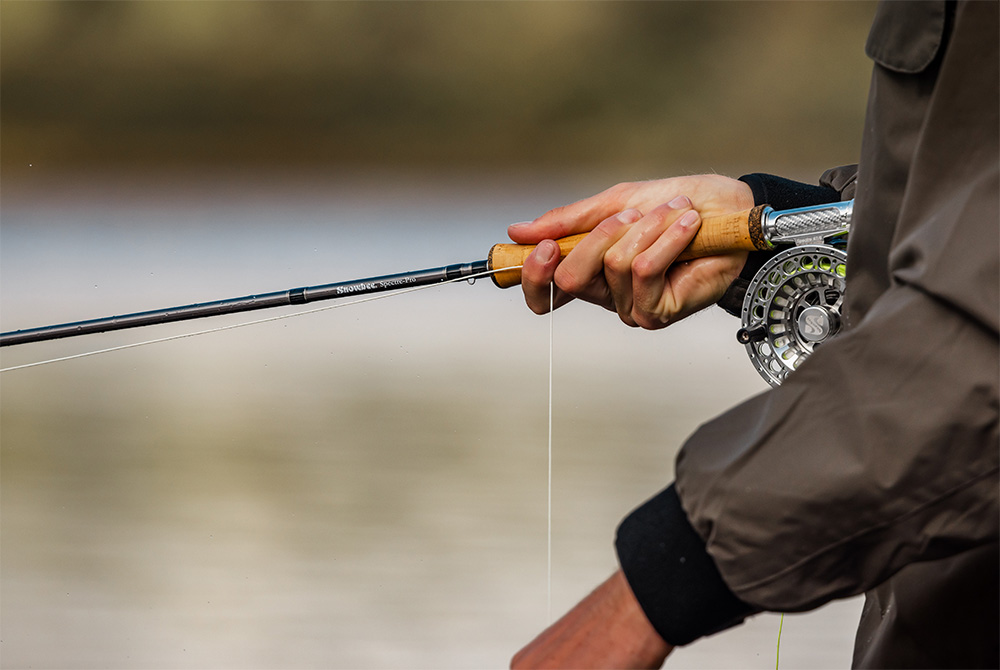
Having the right fly can make that difference. My preferred method of fishing is the ‘Washing Line’ either on a floater or sink tip to begin with. I find this method very versatile as I can change the depth of my flies (by changing lines) to keep my flies in the biting zone.
Depending on the venue, I like to keep a bright coloured FAB on the point and a team of three Diawl Bachs on my droppers. If the fish are feeding in the first 3ft, I use the floater and then anything deeper I alternate my lines through to sink tip or intermediate.
This is where Tip 2 – having painted a picture in your head – is really important. You will have an idea of what colour flies to use, or speed or type of fly, and line choice. I’ll change out my flies to whatever colour the trout are preferring on that day. If they are deeper then I may substitute the FAB to a buzzer and let those flies sink a little bit longer.
Tip 5: Consistency
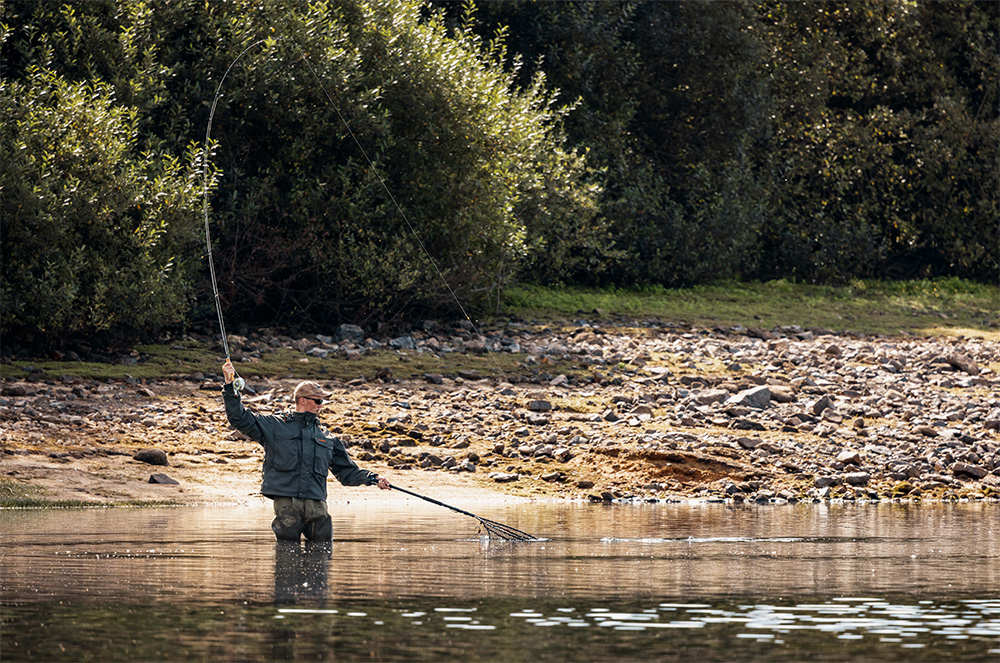
Achieving a level of consistency is what I find is the end goal. Every time I fish, I aim for my bag limit (E.g. 5 fish), then (if catch and release allows or a venue has a larger limit) all fish landed beyond that is what I find most rewarding, because I know I have exceeded my level of consistency.
Maintaining consistency in competitions can really define you as an angler. Keeping your catch return consistent on tough days is what really separates average anglers from expert or elite anglers. This is due to the fact that one can adapt to keep on top of those fish and get more into the net. Being consistent one will start seeing results and these competitions will become second nature and offer a boost of confidence.
I hope these tips will offer some greater success for your future fishing sessions, meaning more fish on the bank, especially in competitions.

Alex Venn is a Snowbee ambassador based in the Southwest. He won the Junior Trout Masters in 2022. Qualified for the senior men’s England Loch-Style Fly Fishing Team in the past two consecutive years (2024/2025). Won the Snowbee team of Fours in 2025. Won the Peninsular Classic (2024), Peninsular Classic Pairs (2023), Fred Pike Memorial Cup x2, along with a variety of other local club competitions.


